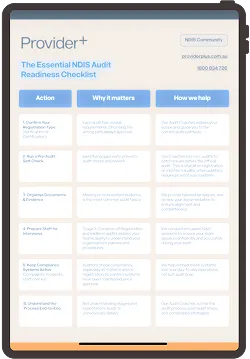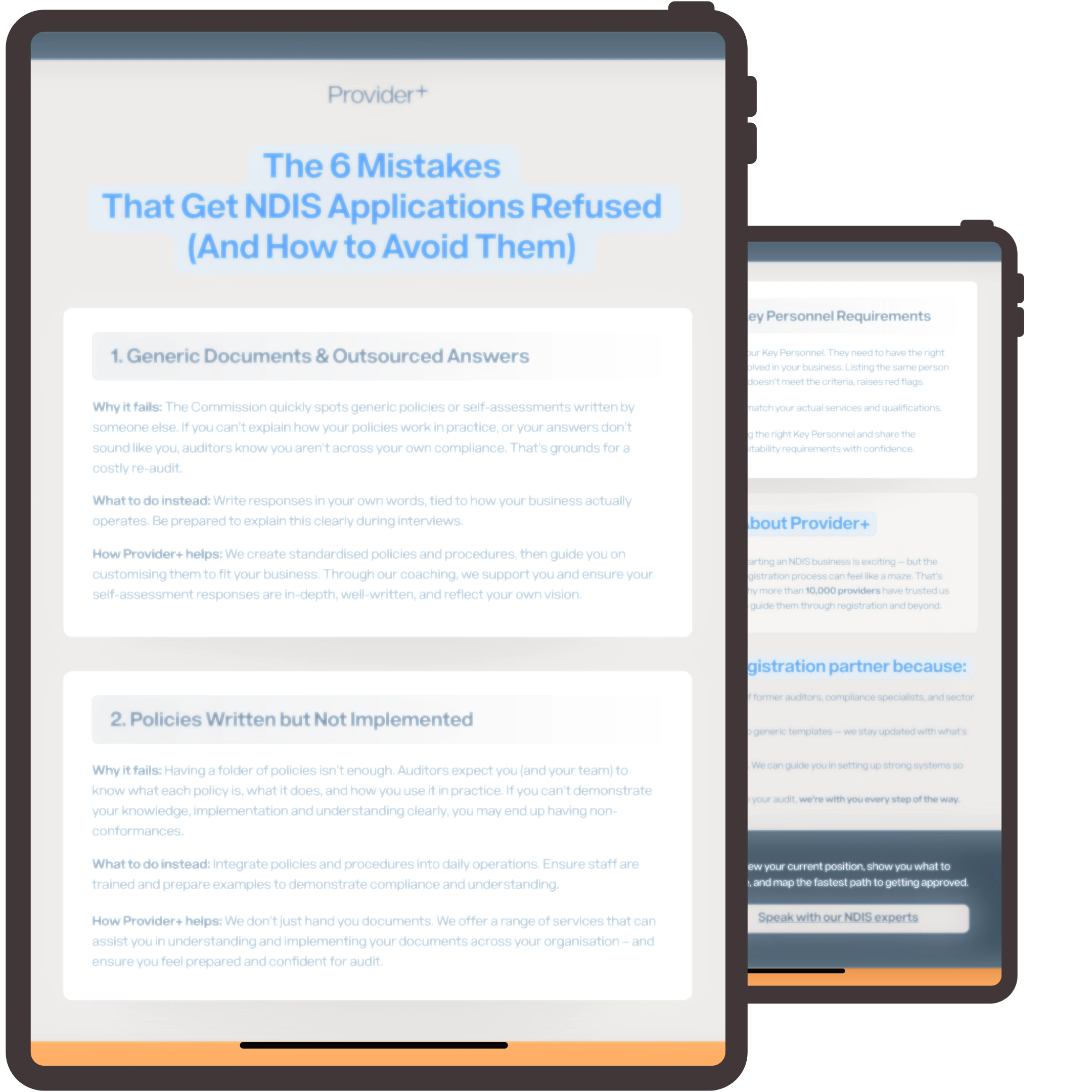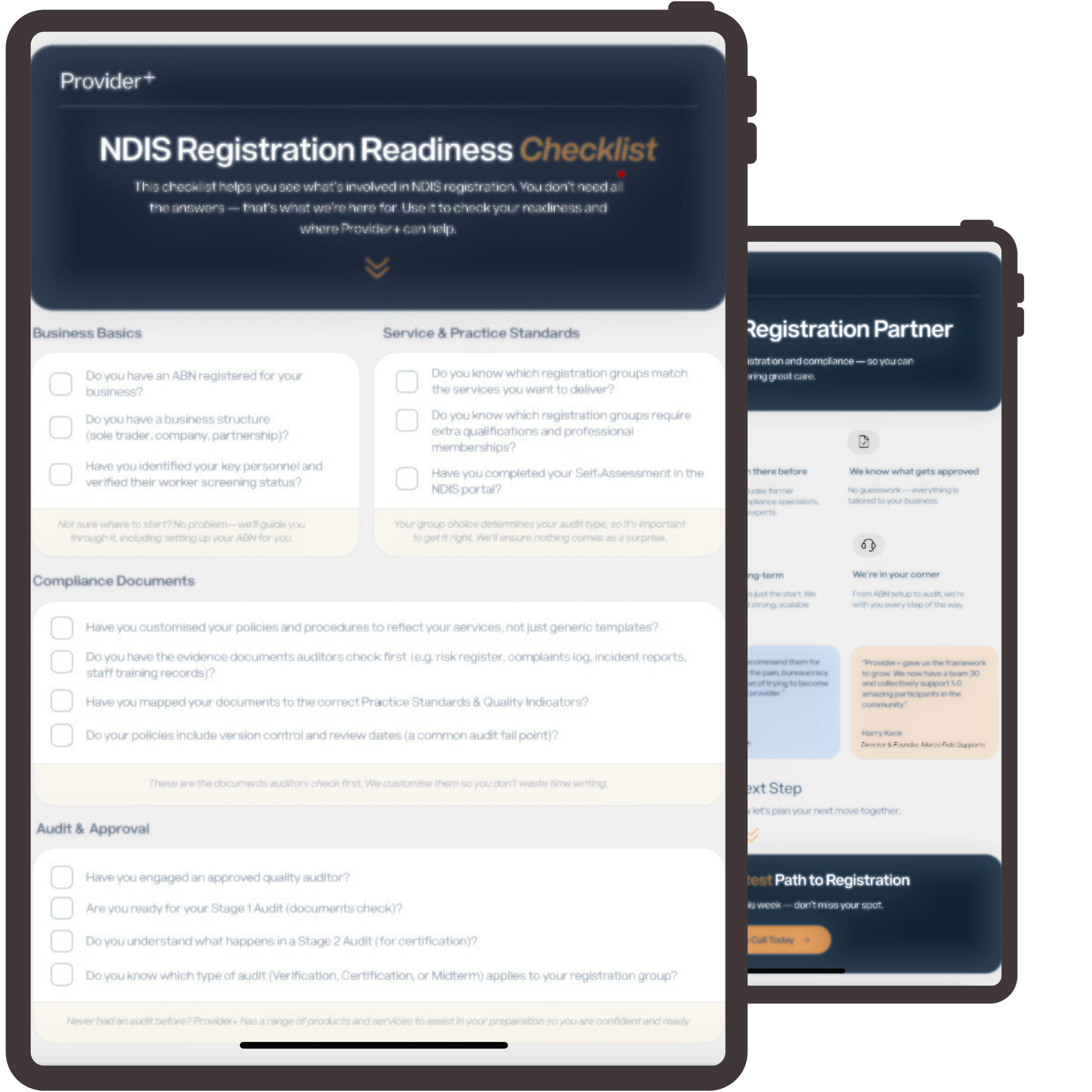Essentials of Early Intervention NDIS for Providers
Early intervention is a cornerstone of the National Disability Insurance Scheme (NDIS), offering essential supports for participants with developmental delays. For NDIS providers, delivering effective early intervention services requires a strong understanding of developmental needs, the ability to work collaboratively, and a focus on empowering both participants and their families. This article outlines the key components of early intervention, the importance of aligning supports, and how providers can make a meaningful impact in various environments. Early intervention support services are crucial in enhancing a child's development and everyday learning, especially for children under six with developmental concerns.
Understanding Early Intervention and Developmental Delays
Early intervention is critical for children with developmental delays because it capitalises on the brain’s most formative years. The early years of a child’s life, particularly from birth to age five, are a period of rapid growth and development. During this time, the brain is highly adaptable, making it more responsive to learning new skills and behaviours. Without timely support services for early childhood intervention, which are essential for a child's development, children with developmental delays risk falling behind their peers, leading to potential challenges that can persist into adolescence and adulthood.
Early intervention focuses on providing tailored supports to children with developmental delays or disabilities during their early years, when their growth and development are most rapid. Addressing developmental concerns through early intervention is crucial as these concerns may impact a child's daily activities. These supports aim to enhance the child’s developmental outcomes, reduce the impact of delays, and build capacity within families to support their child effectively.
Common early intervention supports include:
- Speech Therapy: To develop communication, language, and social skills.
- Occupational Therapy: To build skills for daily activities, motor coordination, and sensory processing.
- Physiotherapy: To improve movement, posture, and physical development.
The Role of a Key Worker
A key worker plays a pivotal role in the early intervention framework, acting as a central point of contact for the participant and their family. This professional ensures that all supports align with the child’s developmental goals and family priorities.
Key responsibilities include:
- Coordination and Alignment: Ensuring that therapies such as speech, occupational, and physiotherapy are cohesive and complement one another.
- Family Engagement: Providing guidance, education, and support to families to help them implement strategies at home and in daily routines.
- Goal-Setting: Collaborating with the family and other professionals to identify meaningful and achievable goals tailored to the child’s unique needs.
- Advocacy and Empowerment: Supporting families to navigate the NDIS and advocate for the best possible outcomes for their child.
The Importance of Collaboration
Collaboration is essential to achieving positive outcomes in early intervention. Providers must work closely with other service providers, educators, and healthcare professionals to create a unified approach to supporting the participant.Key collaboration strategies include:
- Regular communication between all providers to share progress and adjust plans as needed.
- Team meetings to discuss strategies, challenges, and next steps.
- Shared goal-setting to ensure consistency across all environments, from the clinic to the home.
This team-based approach helps deliver seamless and integrated support, ensuring that every professional involved is working towards the same objectives.Identifying and Working Towards GoalsGoals in early intervention are designed to support the participant’s developmental milestones and the family’s aspirations. Early intervention support plays a crucial role in setting and achieving these developmental goals for children under six. Goals might include improving a child’s ability to communicate, enhancing their motor skills, or fostering independence in daily activities.
How to approach goal-setting:
- Involve the family: Understand the priorities and concerns of the family to set goals that are both meaningful and practical.
- Use a strengths-based approach: Focus on building the child’s existing abilities while addressing areas of need.
- Set SMART goals: Ensure goals are Specific, Measurable, Achievable, Relevant, and Time-bound.
Providing Support Across Different Environments
Early intervention supports should be flexible and delivered across a variety of environments to maximise the child’s ability to generalise new skills. It is especially important to provide support to children younger than six in various settings to address developmental concerns early on.
- In the Clinic:
- Structured therapy sessions focused on specific developmental areas like communication, motor skills, or sensory processing.
- Access to specialised equipment and resources.
- At Home:
- Coaching families to incorporate therapeutic strategies into daily routines.
- Modifying the home environment to support skill development and independence.
- In Support Environments:
- Working with educators in childcare or school settings to support inclusion and participation.
- Ensuring strategies are implemented consistently across all environments where the child interacts.
Developmental delays don’t just affect the child—they also impact families, who may struggle with uncertainty and stress. Early intervention provides families with the tools, resources, and knowledge they need to support their child effectively. When families feel empowered, they can create nurturing environments that promote the child’s growth, reinforcing the skills learned through intervention.
Why Early Intervention Matters
Early intervention lays the foundation for lifelong learning and development. For NDIS providers, understanding the essentials of early intervention allows them to make a meaningful difference in the lives of participants and their families. By focusing on developmental needs, working collaboratively, and supporting families across various environments, providers can help children with developmental delays reach their full potential.
Early intervention is a proactive approach that ensures children with developmental delays have the support they need to thrive. By addressing challenges early, NDIS providers help prevent delays from becoming lifelong obstacles, setting children on a path to independence, success, and social inclusion. It is crucial to meet the early intervention requirements, which include providing proper evidence to demonstrate eligibility for NDIS funding aimed at reducing the future impact of disabilities on functional capacity.
Together, we can create a brighter future for children and families through thoughtful, effective early intervention supports.
The Best Practice Guidelines
Reimagine Australia, as ECIA, have developed a set of national guidelines for early childhood intervention practitioners on best practice, known as The National Guidelines for Best Practice in Early Childhood Intervention. Below you will find a summary of the guidelines.
1. Family – the centre of all services and supports
- Your family works together with early childhood intervention practitioners as active and equal partners where planning and interventions for your child are based on your family life and your priorities and choices.
2. All families are different and unique
- Early childhood intervention practitioners provide services and supports in ways that are sensitive and respectful of your family’s cultural, language and social backgrounds and your family’s values and beliefs.
3. Your child at home and in the community
- Your child is fully included and participates meaningfully in home and community life, with additional supports as needed, creating a real sense of belonging.
4. Your child practises and learns new skills everyday
- Your child engages, learns and practises skills through participation in the activities and daily routines of their everyday life.
5. Team around your child
- Your family works together with practitioners as a team around your child communicating and sharing information, knowledge and skills, with one main person, called a key worker, working with your family.
6. Building everyone’s knowledge and skills
- Building the knowledge, skills and confidence of your family and the important people in your child’s life will have the biggest impact on your child’s learning and development.
7. What you want for your child and family
- Early childhood intervention practitioners will focus on what you want for your child and family and will work closely with you to achieve the best outcomes for your child.
8. Quality services and supports
- Ensures that practitioners working with your child have appropriate qualifications and experience and base their intervention on sound clinical evidence and research.
Navigating Early Intervention NDIS: A Guide for Parents and Caregivers
Understanding Early Childhood Intervention
Early childhood intervention aims to help children with developmental delay and/or disabilities and their families access support to promote their child’s wellbeing, community participation, inclusion, and development. The NDIS early childhood approach is crucial in providing early intervention support for children with developmental concerns, ensuring they receive timely and tailored assistance. Early childhood intervention promotes the development of children with developmental delay and/or disabilities.
The earlier children receive early intervention services, the better the outcome will likely be. Early childhood intervention is designed to help children with developmental delay and/or disabilities and their families access support services. Early childhood intervention is important for achieving the best outcomes for children with a disability or developmental delay.
Eligibility and Access
To be eligible for NDIS funding, your child must be an Australian citizen or permanent resident and live in Australia.
To meet early intervention NDIS requirements, your child has to be younger than 6 with developmental delay, or younger than 9 with a disability.
Children under six do not require a formal diagnosis in order to get support through the early intervention approach. The NDIS early intervention approach plays a crucial role in providing support to these children, ensuring they receive the necessary interventions without the need for a formal diagnosis.
The NDIS defines “substantially reduced functional capacity” as an impairment that significantly limits a person’s ability to perform daily activities on most days. The purpose of early intervention is to lessen the impact of a person's impairment upon their functional capacity.
Working with an Early Childhood Partner
The NDIA has dedicated Early Childhood Partners to work with families. An NDIS early childhood partner plays a crucial role in helping families navigate the NDIS system and ensuring access to timely and appropriate early intervention services, aiming to give children the best possible start in life.
An Early Childhood Partner will work with you to understand your child’s needs and provide the right support and they will assist you to apply to the NDIS on your child’s behalf.
If there are no early childhood partners in your local area, you can start by talking to your child’s GP, maternal and child health nurse, or early childhood educator. Someone from the NDIA will work directly with you, to connect you to supports. https://www.ndis.gov.au/understanding/families-and-carers/early-childhood-approach-children-younger-9/connecting-early-childhood-partner
Additional Supports and Services
- Additional supports and services may be available to support your child’s development, such as therapy, equipment, and respite care.
- Your Early Childhood Partner will work with you to identify the supports and services your child needs.
- The NDIS will fund reasonable and necessary supports to help your child achieve their goals.
- You will work with your Early Childhood Partner to access these supports and services.




































FAQs
Here is our frequently asked questions.


